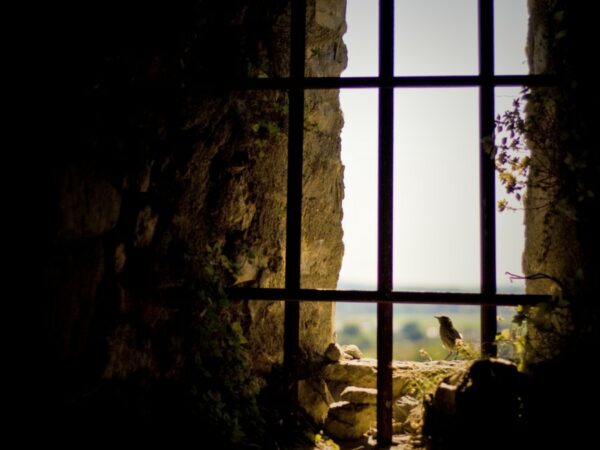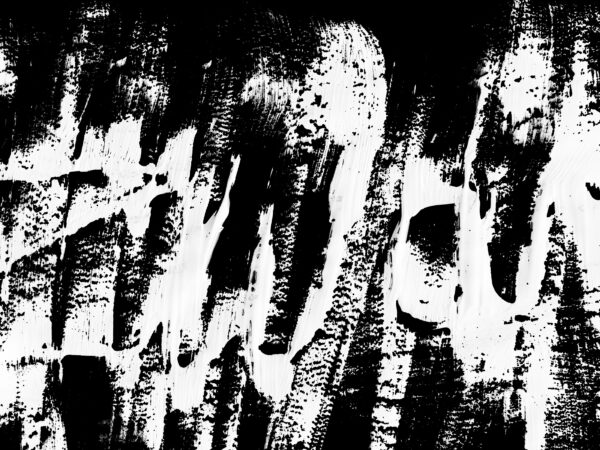
David Brazil, Sarah Pritchard, Precious Bedell, and Joshua Dubler discuss the foundations of a national jail and prison ministry.

Abolition is not just about closing prisons. It’s not just about stopping police or closing police departments, but it’s also about abolishing the police in our heads. It’s also about abolishing the prisons in our imaginations that prevent us from thinking about new ways and better ways to treat each other and to keep each other safe.

Political theology amidst and against human caging must carry out continued rigorous analysis of the practices that support this system. It must continue to critique the social power wielded against liberation by American Christians historically, and contemporarily as well by non-Christian religionists and seculars who have accepted the terms implicit in the contract with whiteness.

For the left to prevail in the war between old and new gods, we need not only prophetic discourse, but forms of mass organization capable of cohering a social bloc. In this work, religion, understood not as prophecy but as missionary work, remains a crucial resource.

For the 100th anniversary of the publication of Franz Rosenzweig’s The Star of Redemption, we thought it appropriate to reflect on the relevance of this difficult theo-political (and some would say, apolitical) text for our contemporary political moment. In the spirit of opening living, critical, and generative conversations, four authors wrestle with the Star while also wrestling with a wide range of pressing present issues from politics and policing to racial injustice, religious identity, and radical hope.


